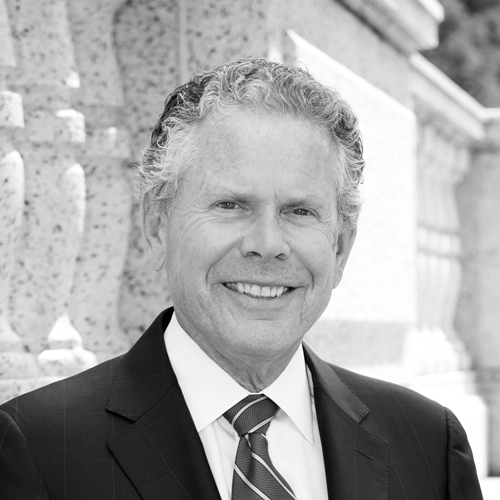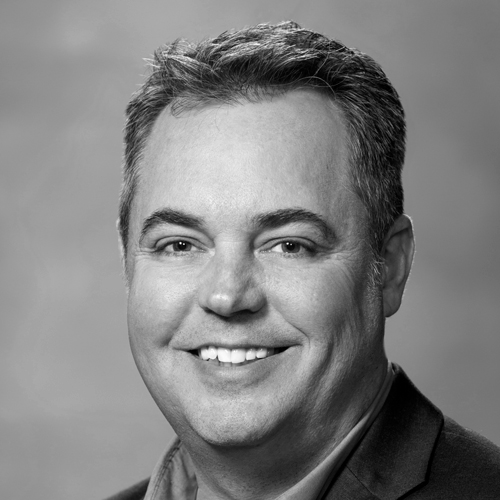
The road from working as a route salesman in South Africa, loading and unloading trucks, to vice president and chief supply chain officer of the largest aftermarket battery distributor in North America isn’t as long as it might seem. Sure, it’s led Grant Dismore—who occupies that role for Interstate Batteries—through Africa, Europe, Asia, and North America. But nevertheless, he says that once he learned to see his roles through a particular lens, a certain pattern emerged.
“From a technical perspective, the disciplines that make up most supply chains are the same, regardless of the industry you’re in,” Dismore says. “What has stood out and helped inform the way I operate is the impact of culture on business decisions and how all stakeholders are impacted by culture.”
Given his international background that includes tenures with Cadbury Schweppes, Coca-Cola Amatil, and Dr Pepper Snapple Group, Dismore admits that he started his career with an ethnocentric approach to business.
“I thought, ‘This is the way it works in the western world, so this is the way it works everywhere,’” he recalls. “You quickly realize that’s not the case. You have to actively listen to people and truly seek to understand their perspective—both personally and professionally. Few people give culture any attention, but I’ve learned that it has such a dramatic impact on how we go about our business—whether it’s the culture of the country, the organization, or even a department within which we’re working.”
That’s not just a personal belief. It’s a core ethic that drives the work at Interstate Batteries. Dismore calls Interstate a “purpose-driven, values-oriented” organization that uses character, chemistry, and competency as the filter through which the company recruits, coaches, and retains talent. For someone who’s made the jump to the executive office, Dismore says that filter and core ethic is an asset.
“In the world of supply chain, you typically work with folks of an engineering mind-set—employees who are very structured, disciplined, and who see things as either good or bad, right or wrong,” Dismore explains. “At Interstate, we lead with heart. You can have discipline and structure, but you also have to be self-aware and understand the impact your decisions and behavior have on those around you.”
Interstate Batteries distributes batteries not just for automobiles, but also for multiple applications. With only four domestic battery manufacturers, maintaining sufficient capacity and ensuring that customer demands are always met is a constant challenge and a focal point of those important decisions. Dismore says that manufacturing-capacity constraints within the industry lead Interstate to use third-party logistics and warehousing networks to ensure that batteries are where they need to be when technicians or consumers require them.
Given that a large share of Interstate’s distributors are family-owned businesses, the company works tirelessly to ensure its decisions not only keep those distributors happy, but also further work to engender loyalty of Interstate consumers moving forward.
“We have large distributors in major markets, but the smaller operations in rural America are just as important,” Dismore says. “We’re constantly thinking about how we can better support them and the important work they do.”
That consideration also plays into another important aspect for Dismore and his colleagues at Interstate Batteries—“conscious leadership.”
“Conscious leadership is about working harder on oneself than it is about working on others,” he explains. “It’s creating a culture of self-awareness, trust, and care, where both individuals and teams thrive. While business results and team member competency are always important at Interstate, we pay as much attention to relationships, authenticity, character, and chemistry.” Slowing down to learn and grow to be a learner and not always a knower allows a leader to choose how to react instead of acting out of old habits, Dismore adds.
It’s that type of mind-set that has also garnered admiration, including from Shawn O’Connell, vice president of Reserve Power for EnerSys Americas.
“Grant has a unique ability to not only define the roles and responsibilities of the constituent members of a supply chain, but also to inspire those same members to perform at a level that can only come by way of passionate engagement,” O’Connell says. “In a time of technology-induced detachment, Grant has retained the lost art of being a gentleman and true professional that inspires the finer elements of win-win and partnership.”
Now, for those looking to move into an executive position from a supply chain job like Dismore has, he recalls his first manager’s advice. “I didn’t realize the value of what he was teaching me at the time,” Dismore recalls. “He told me I needed to define what I wanted to be and to then intentionally seek out people that I respect in that position to ask them what it takes to succeed in the role.”
Dismore says this amounts to conducting a skills gap analysis, and adds that he spent much of his early career seeking out successful leaders to ask that same question.
“Answers such as, ‘knowing the value drivers of your function, business unit, or enterprise’ are typical,” Dismore says. “The nuggets are the insights you wouldn’t normally think of, such as needing superior linguistic skills. You need to be able to stand up, without solicitation, and speak intelligently and passionately about what you do. Most career decisions I’ve made have been geared toward closing those skill gaps that I identified by engaging with folks who were in the roles I wanted to be in.”
Photo: Rusty Hann
With a mission to advance the world’s supply chains, LeanCor’s three integrated divisions—LeanCor Training and Education, LeanCor Consulting, and LeanCor Logistics—help organizations eliminate waste, drive down costs, and build operational excellence. Whether it’s developing people, improving processes, or managing transportation, LeanCor has you covered at every aspect of the supply chain and beyond.

